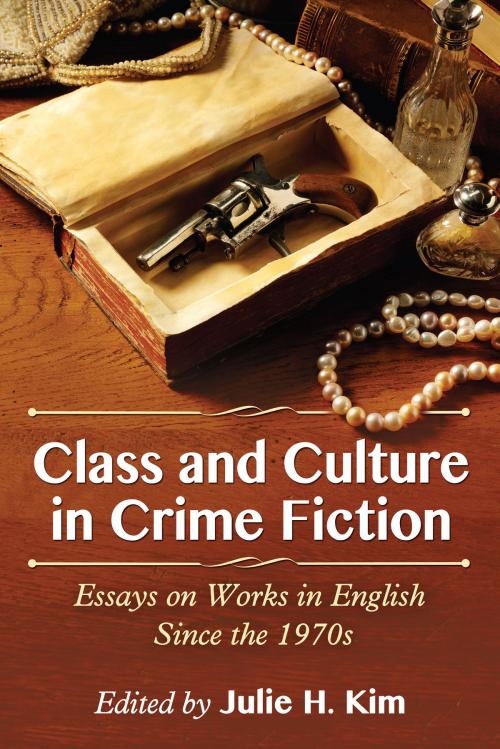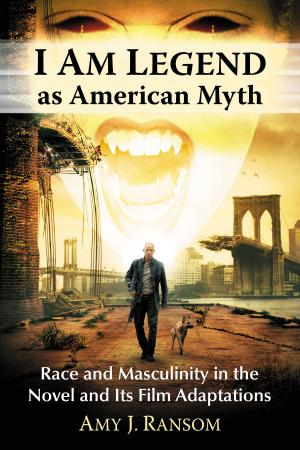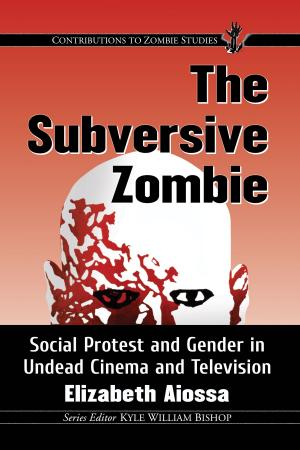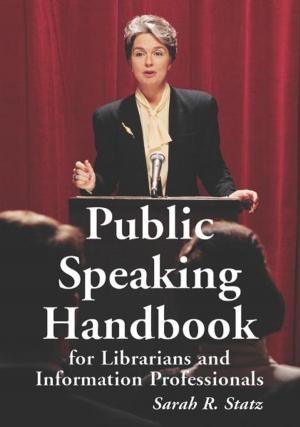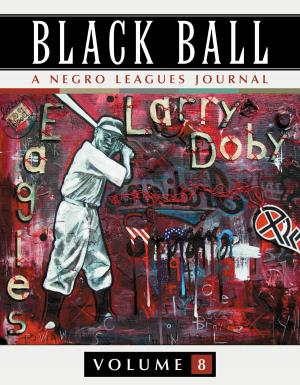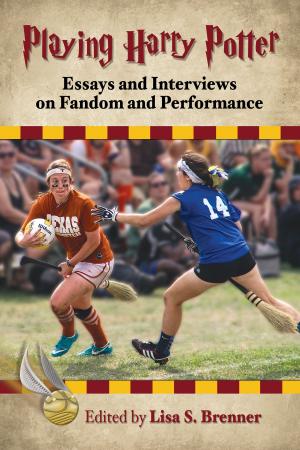Class and Culture in Crime Fiction
Essays on Works in English Since the 1970s
Fiction & Literature, Literary Theory & Criticism, Mystery & Detective Fiction| Author: | ISBN: | 9781476615387 | |
| Publisher: | McFarland & Company, Inc., Publishers | Publication: | April 4, 2014 |
| Imprint: | Language: | English |
| Author: | |
| ISBN: | 9781476615387 |
| Publisher: | McFarland & Company, Inc., Publishers |
| Publication: | April 4, 2014 |
| Imprint: | |
| Language: | English |
The crime fiction world of the late 1970s, with its increasingly diverse landscape, is a natural beginning for this collection of critical studies focusing on the intersections of class, culture and crime—each nuanced with shades of gender, ethnicity, race and politics. The ten new essays herein raise broad and complicated questions about the role of class and culture in transatlantic crime fiction beyond the Golden Age: How is “class” understood in detective fiction, other than as a socioeconomic marker? Can we distinguish between major British and American class concerns as they relate to crime? How politically informed is popular detective fiction in responding to economic crises in Scotland, Ireland, England and the United States? When issues of race and gender intersect with concerns of class and culture, does the crime writer privilege one or another factor? Do values and preoccupations of a primarily middle-class readership get reflected in popular detective fiction?
The crime fiction world of the late 1970s, with its increasingly diverse landscape, is a natural beginning for this collection of critical studies focusing on the intersections of class, culture and crime—each nuanced with shades of gender, ethnicity, race and politics. The ten new essays herein raise broad and complicated questions about the role of class and culture in transatlantic crime fiction beyond the Golden Age: How is “class” understood in detective fiction, other than as a socioeconomic marker? Can we distinguish between major British and American class concerns as they relate to crime? How politically informed is popular detective fiction in responding to economic crises in Scotland, Ireland, England and the United States? When issues of race and gender intersect with concerns of class and culture, does the crime writer privilege one or another factor? Do values and preoccupations of a primarily middle-class readership get reflected in popular detective fiction?
